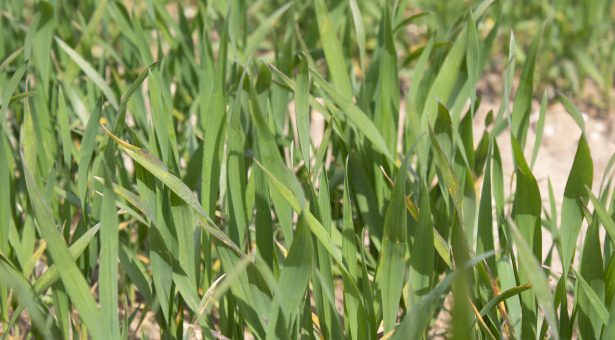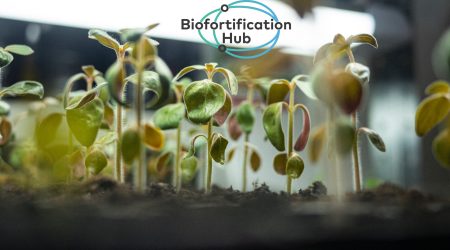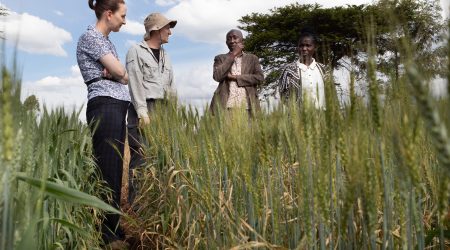The future of crop protection

John Innes Centre scientists have outlined advances in the lab that could translate into pesticide-free protection from disease in the field.
Dr Paul Nicholson is working on Fusarium head blight, a disease that affected 96% of winter wheat samples tested by Defra last year. Some of the fungal species that cause it can produce toxins harmful to human health.
Paul is identifying and characterising wheat and barley lines that are resistant to infection by all species of Fusarium.
He has already helped identify wheat varieties resistant to the spread of the fungus within the head and this form of resistance is being used in breeding programmes. Varieties that are resistant to the initial infection are challenging to identify but will give even greater protection.
Professor Allan Downie is working on open-source research to find a long-term solution to ash dieback. The team have analysed strains of the pathogen and its sister species, revealing that they diverged from each other several thousand years ago.
This suggests that the pathogenic strains have been introduced, probably from Asia, rather than evolving within Europe. However, the team will check whether it’s possible that existing isolates in Europe somehow quickly acquired pathogenicity and spread.
Meanwhile, work on sequencing the ash genome continues. Rather than using classical genetics, the team will apply techniques never before used for trees. They will focus on the genes expressed during infection, the transcriptome, and compare the activity between tolerant and susceptible trees. This will speed up the discovery of suitable crosses for breeding programmes.
“This snapshot of disease research shows the chance we have, with our improved understanding of plant and pathogen biology, to replace chemical sprays with greener ways to protect crops and the countryside,” said Dr Paul Nicholson.



